

Top Factors to Consider When Choosing Irrigation Water Pumps
Introduction: The Vital Role of Irrigation Water Pumps in Agriculture
In the world of agriculture, water is the lifeblood that nurtures crops and sustains our food supply. As global climate patterns shift and water resources become increasingly precious, efficient irrigation has never been more crucial. At the heart of any effective irrigation system lie irrigation water pumps, the unsung heroes that keep fields hydrated and crops thriving.
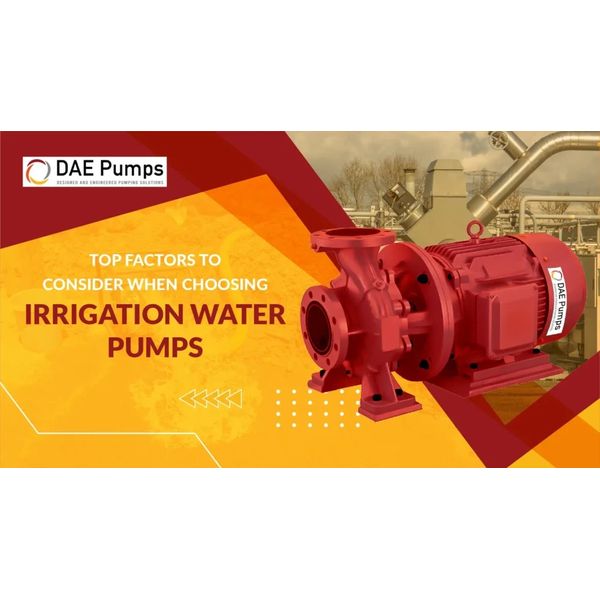
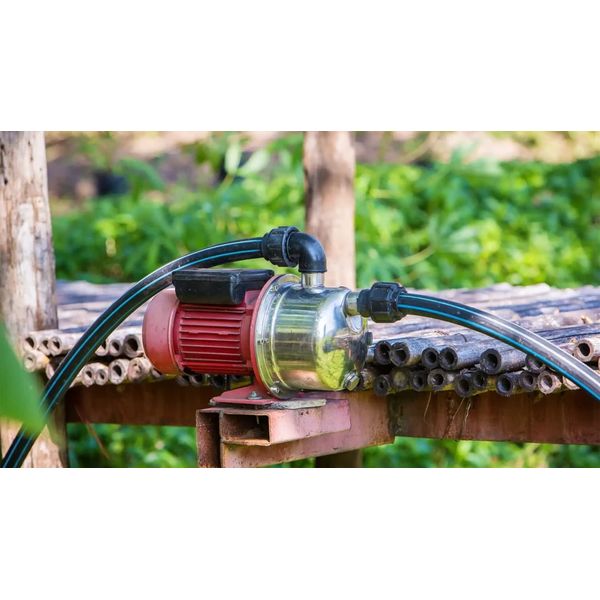
Irrigation water pumps are more than just mechanical devices; they’re the driving force behind modern agriculture. These pumps, whether they’re surface-mounted water pumps for irrigation or specialized irrigation water well pumps, draw water from various sources – be it wells, rivers, or reservoirs – and distribute it across fields with precision. Whether you’re a small-scale farmer or managing vast agricultural operations, choosing the right water pump for irrigation can make the difference between a bountiful harvest and a struggling crop.
Before diving into the selection factors, it’s essential to familiarize yourself with the main types of irrigation water pumps available:
Surface Pumps
Surface pumps are installed above ground and are ideal for situations where the water source is relatively close to the surface. These water pumps for irrigation are excellent for drawing water from shallow wells, ponds, or rivers. They’re easy to access for maintenance but may struggle with deep water sources.
Submersible Pumps
As the name suggests, submersible pumps are designed to operate while fully submerged in water. These irrigation water well pumps are perfect for deep wells and can efficiently pump water from great depths. Submersible pumps are known for their reliability and quiet operation.
Centrifugal Pumps
Centrifugal pumps are versatile and widely used in irrigation. They work by creating centrifugal force to move water and can handle large volumes efficiently. These irrigation water pumps are available in both surface and submersible configurations.
Turbine Pumps
Turbine pumps are high-capacity irrigation water well pumps often used for large-scale irrigation projects. They’re efficient at pumping water from deep wells and can handle high flow rates, making them suitable for extensive agricultural operations.
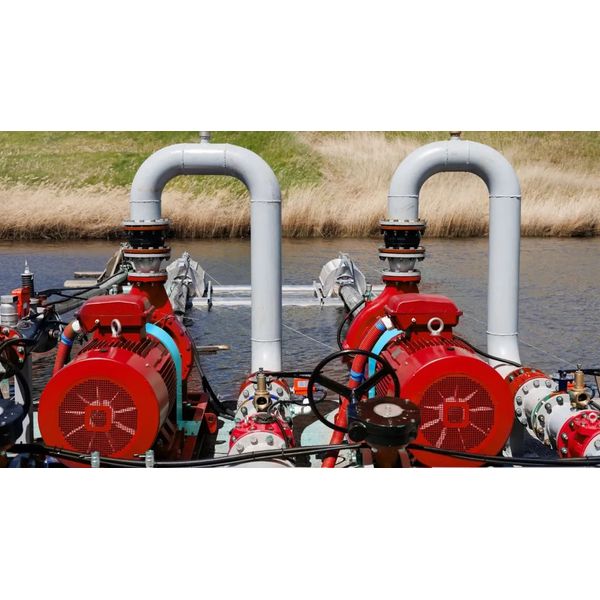
Water Source and Depth
The nature and location of your water source is perhaps the most critical factor in pump selection. Are you drawing water from a shallow well, a deep aquifer, or a surface water body? The depth of your water source will significantly influence the type of water pump for irrigation you need.
For shallow water sources (less than 25 feet deep), surface water pumps for irrigation or shallow well jet pumps might be sufficient. However, for deeper wells, you’ll need to consider submersible pumps or deep-well turbine pumps. Remember, the deeper the water source, the more powerful your irrigation water well pumps need to be to overcome the increased vertical distance.
Required Flow Rate and Pressure
Every irrigation system has a specific flow rate and pressure requirements. The flow rate is the volume of water your system needs to deliver over time, usually measured in gallons per minute (GPM). Pressure, measured in pounds per square inch (PSI), is the force needed to move water through your irrigation system.
To determine these requirements for your irrigation water pumps, consider:
- The size of the area you need to irrigate
- The type of crops you’re growing
- The irrigation method you’re using (e.g., drip irrigation, sprinklers)
- The layout of your land (elevation changes can affect pressure needs)
It is crucial to choose a water pump for irrigation that can meet both your flow rate and pressure requirements for efficient irrigation.
Power Source Availability
Irrigation water pumps can be powered by various sources, including electricity, diesel, gasoline, or even solar energy. Your choice will depend on what’s available at your location and what’s most cost-effective for your operation.
Electric water pumps for irrigation are often preferred for their efficiency and lower maintenance needs, but they require a reliable power supply. In remote areas or where electricity is unreliable, diesel or gasoline-powered irrigation water well pumps might be more practical. Solar-powered pumps are gaining popularity for their eco-friendliness and ability to operate in off-grid locations.
Irrigation System Type
Different irrigation methods have different pump requirements. For instance:
- Drip irrigation systems typically require lower flow rates but consistent pressure.
- Sprinkler systems need irrigation water pumps that can provide higher pressure to propel water through sprinkler heads.
- Flood irrigation might require high flow rates but lower pressure.
Ensure that the water pump for irrigation you choose is compatible with your irrigation method for optimal performance.
Climate and Environmental Conditions
The climate and environmental conditions of your location play a significant role in pump selection. Consider factors such as:
- Temperature extremes (both hot and cold)
- Humidity levels
- The presence of dust or sand
- Potential for flooding
Choose irrigation water well pumps that are designed to withstand the specific environmental challenges of your area. For instance, in areas with extreme heat, you might need a pump with enhanced cooling capabilities.
Energy Efficiency
With rising energy costs and increasing focus on sustainability, the energy efficiency of your irrigation water pumps is more important than ever. Look for water pumps for irrigation with high-efficiency ratings. While they might cost more upfront, energy-efficient pumps can lead to significant savings over time.
Consider features like variable frequency drives (VFDs) that allow pumps to adjust their speed based on demand, further improving efficiency.
Durability and Maintenance Requirements
Farming is tough work, and your irrigation water pumps need to be up to the task. Look for pumps built with durable materials that can withstand continuous operation. Consider the pump’s expected lifespan and the availability of spare parts.
Also, think about maintenance requirements. Some irrigation water well pumps need more frequent servicing than others. If you’re not mechanically inclined or don’t have easy access to service technicians, you might prefer a water pump for irrigation with simpler maintenance needs.
Cost Considerations
While it’s tempting to focus solely on the upfront cost, it’s crucial to consider the total cost of ownership. This includes:
- Initial purchase price of the irrigation water pumps
- Installation costs
- Energy costs over the pump’s lifetime
- Maintenance and repair costs
Sometimes, a more expensive water pump for irrigation might be more cost-effective in the long run due to lower energy consumption or maintenance needs.
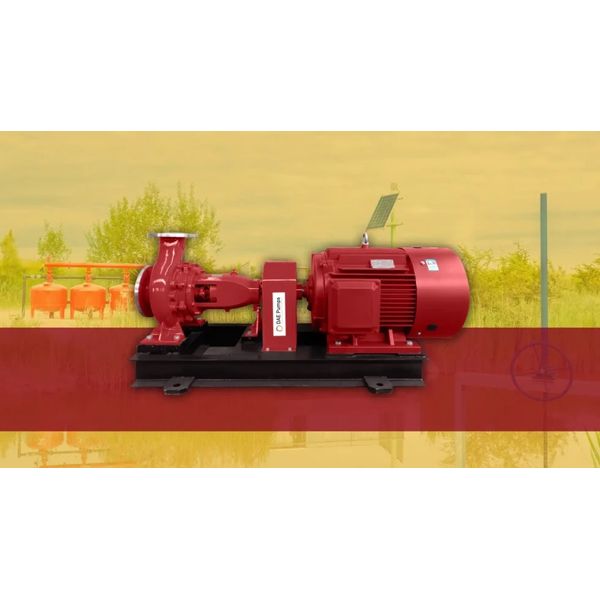
Different irrigation methods have unique pump requirements. Here’s a quick overview:
Drip Irrigation
Drip irrigation systems typically require irrigation water pumps that can provide consistent, moderate pressure. The flow rate needs are usually lower compared to other methods. A centrifugal pump or a submersible water pump for irrigation with good pressure control can work well for drip irrigation.
Sprinkler Systems
Sprinkler irrigation requires pumps that can deliver higher pressure to propel water through sprinkler heads. The flow rate requirements can vary depending on the size of the system. Centrifugal irrigation water pumps are often a good choice for sprinkler systems.
Flood Irrigation
Flood irrigation typically requires high flow rates but lower pressure. Large centrifugal water pumps for irrigation or axial flow pumps are often used for flood irrigation systems.
Center Pivot Irrigation
Center pivot systems need irrigation water well pumps that can provide both high flow rates and moderate to high pressure. Turbine pumps or large centrifugal pumps are commonly used in center pivot irrigation.
The quality of your water source can significantly impact pump performance and longevity. Consider these factors:
Sediment and Debris
If your water source contains sand, silt, or other particles, you’ll need irrigation water pumps that can handle these without excessive wear. Some pumps are designed with special impellers or casings to handle abrasive materials better.
Chemical Composition
The chemical makeup of your water can affect pump materials. For instance, high iron content or acidic water might require water pumps for irrigation made with corrosion-resistant materials.
Filtration Needs
Depending on your water quality and irrigation method, you might need to incorporate filtration systems. Ensure your irrigation water well pumps are powerful enough to overcome the additional pressure loss caused by filters.
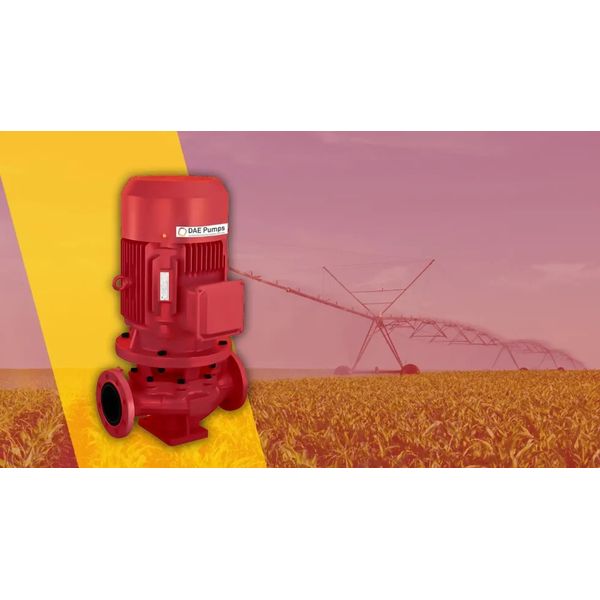
Installation and Maintenance
Proper installation and regular maintenance are crucial for the longevity and efficiency of your irrigation water pumps.
Proper Pump Installation
Ensure your water pump for irrigation is installed correctly, following manufacturer guidelines. This might involve:
- Proper alignment and mounting
- Correct pipe sizing
- Appropriate electrical connections
Consider hiring a professional for installation, especially for complex irrigation water well pumps.
Regular Maintenance Schedule
Develop a regular maintenance schedule for your irrigation water pumps that includes:
- Checking and replacing seals and gaskets
- Lubricating moving parts
- Cleaning filters and strainers
- Inspecting for signs of wear or damage
Regular maintenance can prevent costly breakdowns and extend your pump’s lifespan.
Troubleshooting Common Issues
Familiarize yourself with common issues for water pumps for irrigation and their solutions. This might include:
- Loss of prime
- Reduced flow or pressure
- Unusual noises or vibrations
- Overheating
Knowing how to identify and address these issues quickly can minimize downtime and protect your crops.
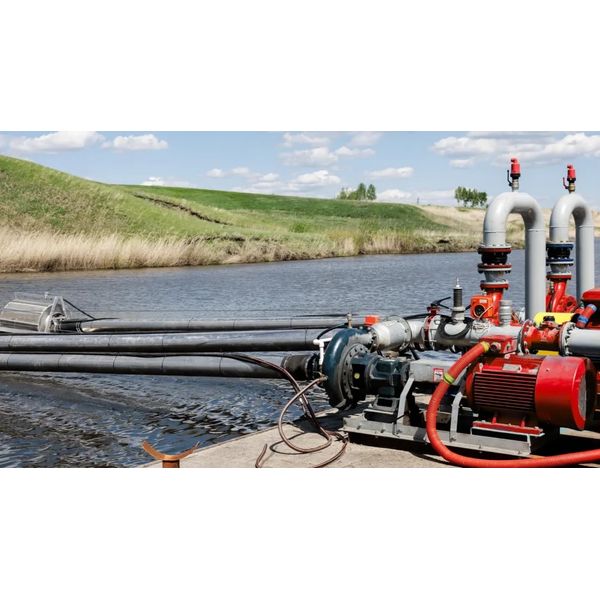
The world of irrigation water pumps is constantly evolving. Here are some technological advancements to consider:
Smart Pumps and Automation
Modern irrigation water well pumps often come with smart features that allow for remote monitoring and control. These can help you optimize water use and quickly respond to changing conditions.
Variable Frequency Drives (VFDs)
VFDs allow water pumps for irrigation to adjust their speed based on demand, potentially saving significant energy and reducing wear on the pump.
Solar-Powered Pumps
Solar-powered irrigation water pumps are becoming increasingly efficient and affordable. They can be an excellent option for remote locations or for reducing energy costs.
Choosing the right irrigation water pumps is a critical decision that can impact your agricultural success for years to come. By carefully considering factors like your water source, required flow rate and pressure, power availability, and irrigation method, you can select a water pump for irrigation that meets your specific needs. Remember, the most expensive pump isn’t always the best choice, nor is the cheapest option always the most cost-effective in the long run. Consider the total cost of ownership, including energy use and maintenance needs.
Lastly, don’t hesitate to consult with irrigation experts or pump manufacturers. Their expertise can be invaluable in helping you make the best choice for your unique situation. With the right irrigation water well pumps, you’ll be well-equipped to nurture your crops, conserve water, and drive your agricultural success for seasons to come.
